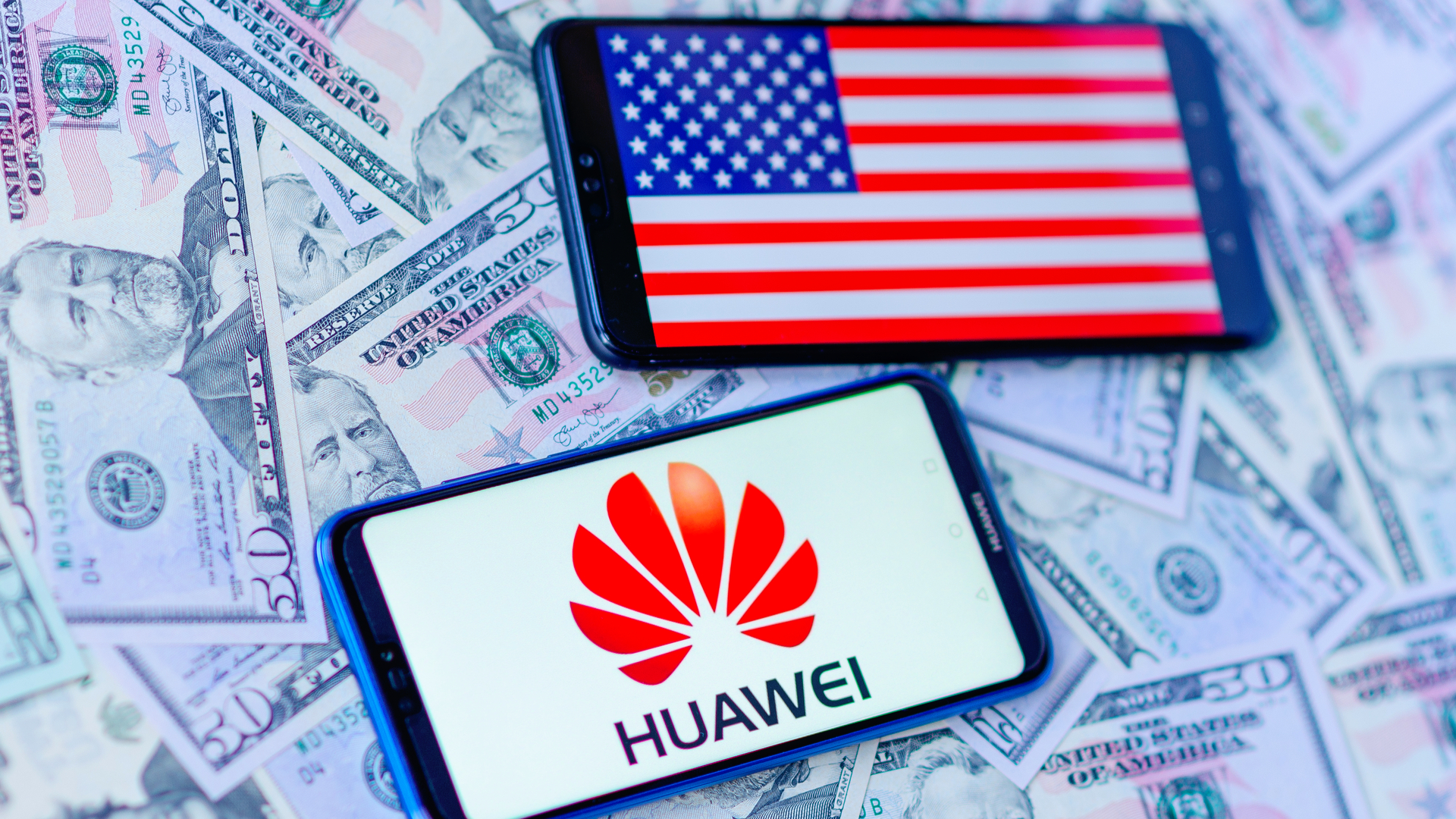US rural carriers seek to uproot 'kleptomaniacal' Huawei equipment
Rural telecoms providers in the US are in talks with Nokia and Ericsson to replace cheaper Huawei radios


Rural mobile network operators (MNOs) in the US are reportedly in talks with Nokia and Ericsson to arrange discounted deals on replacement equipment as they look to uproot existing Huawei infrastructure.
America's rural MNOs typically serve between 50,000 and 100,000 customers in remote regions not currently covered by the major players such as AT&T and Verizon. Pine Belt in Alabama and Wyoming's Union Wireless are among the carriers seeking a deal, according to Reuters.
The carriers are hoping that the new equipment will be subsidised by new legislation passing through Congress which would see a government grant awarded to rural MNOs to the tune of $700 million to help with the cost of ripping out Huawei equipment and replacing it with more expensive infrastructure from either Nokia or Ericsson.
Estimates, as regards the cost of replacing Huawei's technology, have exceeded the $700 million subsidies proposed by Congress. The Rural Wireless Association (RWA) claims it will cost between $800 million and $1 billion to complete the switch with pricier European equipment.
Among the rural US carriers, the RWA estimated 25% of its members have Huawei equipment that will need to be pulled. According to an unnamed industry executive, at most 2,000 base stations would need to be replaced and for comparison, the top US MNOs each run more than 50,000 base stations.
The high price of European-based manufacturers makes switching to more expensive equipment much more difficult. An unnamed industry executive said Huawei's prices "made no sense" and Roger Entner, an analyst at Recon Analytics, estimated Huawei charged 30% to 50% less than its rivals.
Huawei did not immediately reply to comment.
Get the ITPro daily newsletter
Sign up today and you will receive a free copy of our Future Focus 2025 report - the leading guidance on AI, cybersecurity and other IT challenges as per 700+ senior executives
The US seems to have taken more drastic action in light of the security concerns around Huawei, far more than other nations across the globe. The country's recent trade ban with Huawei and other blacklisted companies has rocked the global supply chain, with Huawei fearing for its existence outside of China and US companies also experiencing a business slowdown as a result.
At an event in London's Guildhall yesterday, US ambassador Woody Johnson became the latest in a long line of US politicians to openly slander the Chinese tech giant by saying it would be "like letting a kleptomaniac into your house" with regards to the UK's plans to allow Huawei partial access to its critical 5G network.
"If we let untrustworthy countries in the heart of our economies and infrastructure, what could they do? We have to decide that," he added.
"I've always said it's like letting a kleptomaniac into your house, and then you've got to hire three people to follow them around all day."
Both UK carriers to launch an active 5G network this summer, EE and Vodafone, will use Huawei equipment in their network infrastructure, despite the security concerns expressed by the National Cyber Security Centre earlier this year.
EE's 5G network went live in May and Vodafone's will be activated next week on 3 July.

Connor Jones has been at the forefront of global cyber security news coverage for the past few years, breaking developments on major stories such as LockBit’s ransomware attack on Royal Mail International, and many others. He has also made sporadic appearances on the ITPro Podcast discussing topics from home desk setups all the way to hacking systems using prosthetic limbs. He has a master’s degree in Magazine Journalism from the University of Sheffield, and has previously written for the likes of Red Bull Esports and UNILAD tech during his career that started in 2015.
-
 Asus ZenScreen Fold OLED MQ17QH review
Asus ZenScreen Fold OLED MQ17QH reviewReviews A stunning foldable 17.3in OLED display – but it's too expensive to be anything more than a thrilling tech demo
By Sasha Muller
-
 How the UK MoJ achieved secure networks for prisons and offices with Palo Alto Networks
How the UK MoJ achieved secure networks for prisons and offices with Palo Alto NetworksCase study Adopting zero trust is a necessity when your own users are trying to launch cyber attacks
By Rory Bathgate